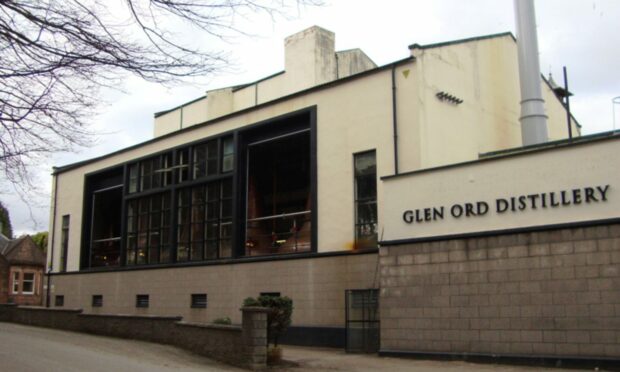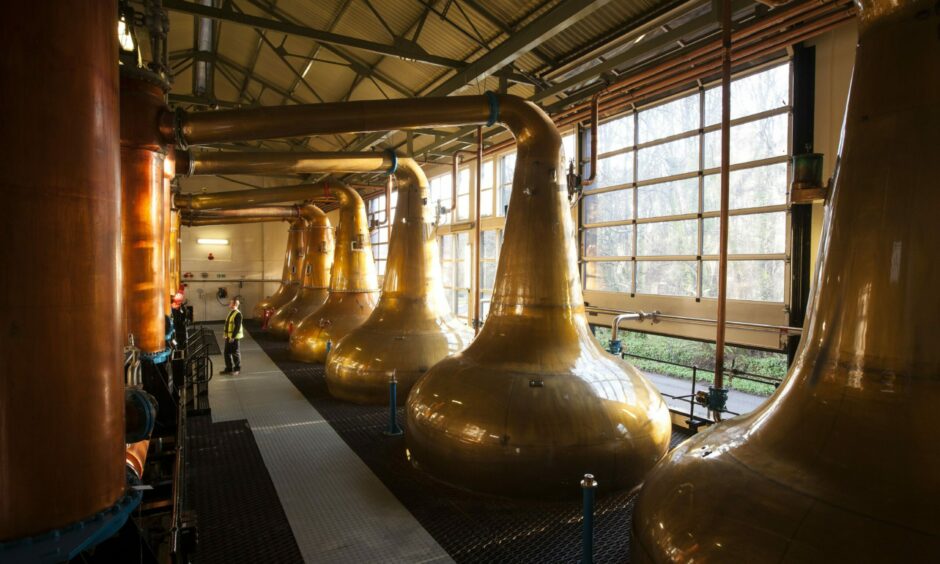Drinks giant Diageo has been fined more than £1.2million for breaching greenhouse gas emission rules – despite having an appeal partially upheld.
The firm failed to apply for permits at three sites on their Glen Ord complex in Muir of Ord, Inverness.
An investigation by the Scottish Environment Protection Agency (Sepa) discovered the site had not applied for the appropriate documentation between 2013 and 2018.
The company corrected the error in 2019 after an external audit flagged up a potential issue relating to emissions released by burners used in malting.
But they were slapped with a civil penalty totalling £1,398,911.28 by Sepa in October 2020 who ruled they had breached a European scheme to reduce carbon emissions, known as the EU Emissions Trading System.
Human error blamed for missing permits
Diageo, who own brands such Guinness, Smirnoff and Johnnie Walker, appealed the decision to the Scottish Government and argued the penalty should have been lower.
They blamed “human error” for the permits blunder and said the fines should have been £60,000.
A reporter has now partially reduced the fine to £1,212,389.78 following an investigation.
An appeal document for Diageo said: “As matters stand, the proposed fines are neither fair nor proportionate in the circumstances of the case.
“We therefore request reconsideration of the penalties.
“The calculations are weighted heavily to account for avoidance of costs where in reality no costs have been avoided, and in most likely circumstances a financial benefit has been missed.”
Sepa vows to protect environment
Jamie McGeachy, carbon reduction, energy and industry manager of Sepa, said: “These civil penalties demonstrate Sepa’s commitment to enforcement of obligations under ETS.
“Our message is clear, if you do not follow the regulations designed to protect and improve our environment, there are consequences.
“These penalties should serve as a warning to not only the company involved, but all others in Scotland, that we will take the appropriate action to ensure compliance.”
In his written ruling, government reporter Paul Cackette said: “The failures by the appellants on balance could have been foreseen and the gravity of them cannot be regarded as limited.”
“I have considered and broadly agree with the approach taken by Sepa has led them to reduce the penalty by 25% but the appropriate percentage reduction from the civil penalties in respect of each site, in light of all of these factors, should in my view be 35%.”
Diageo was approached for comment.

